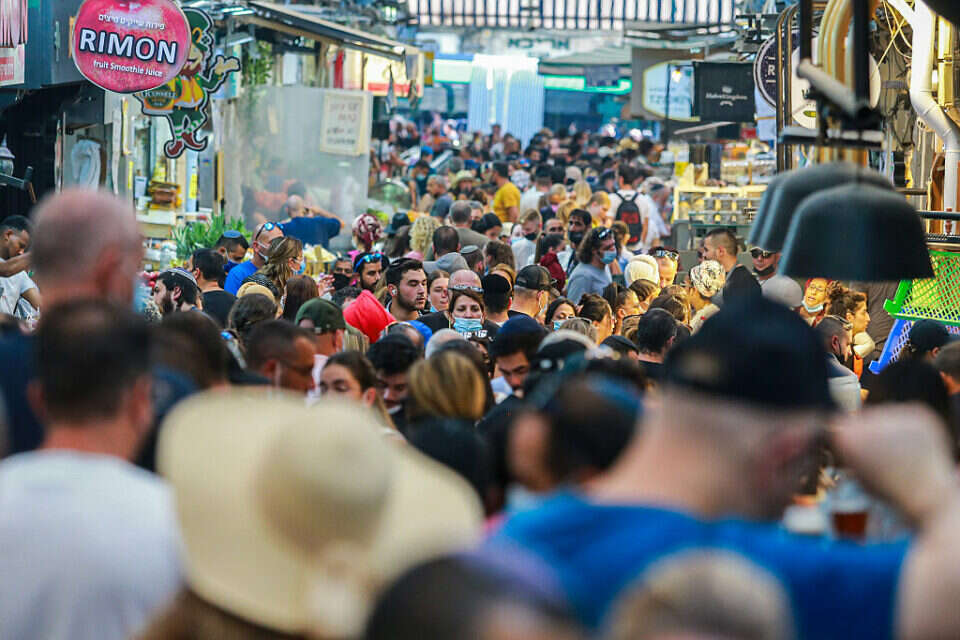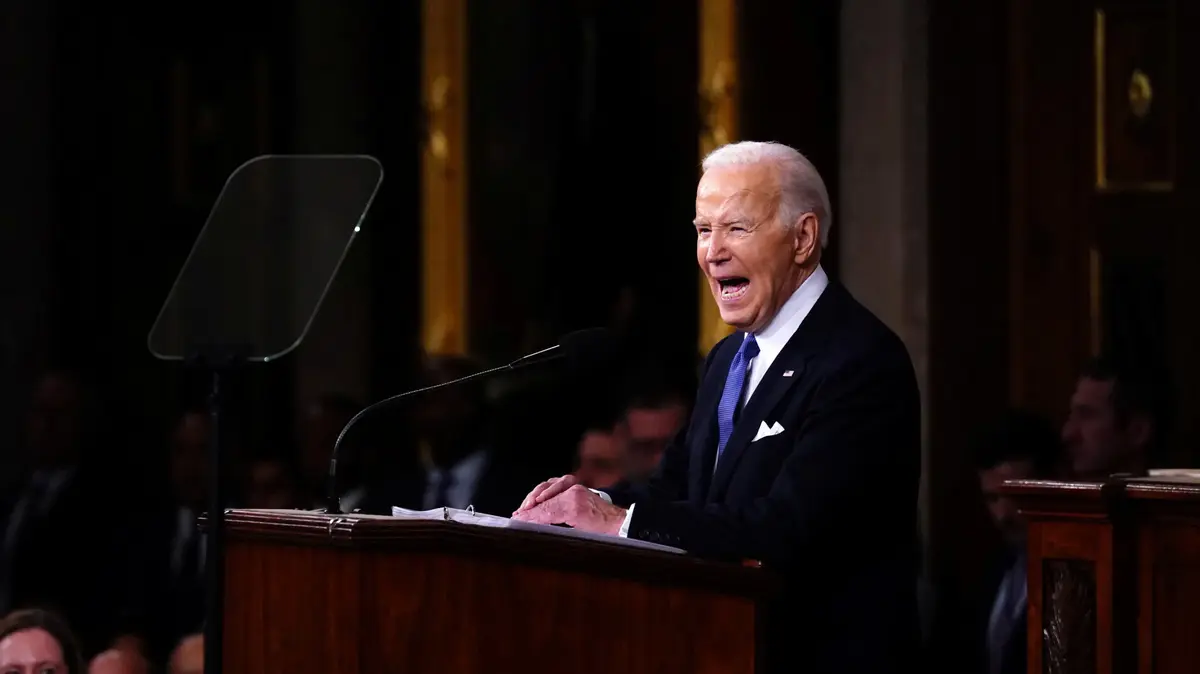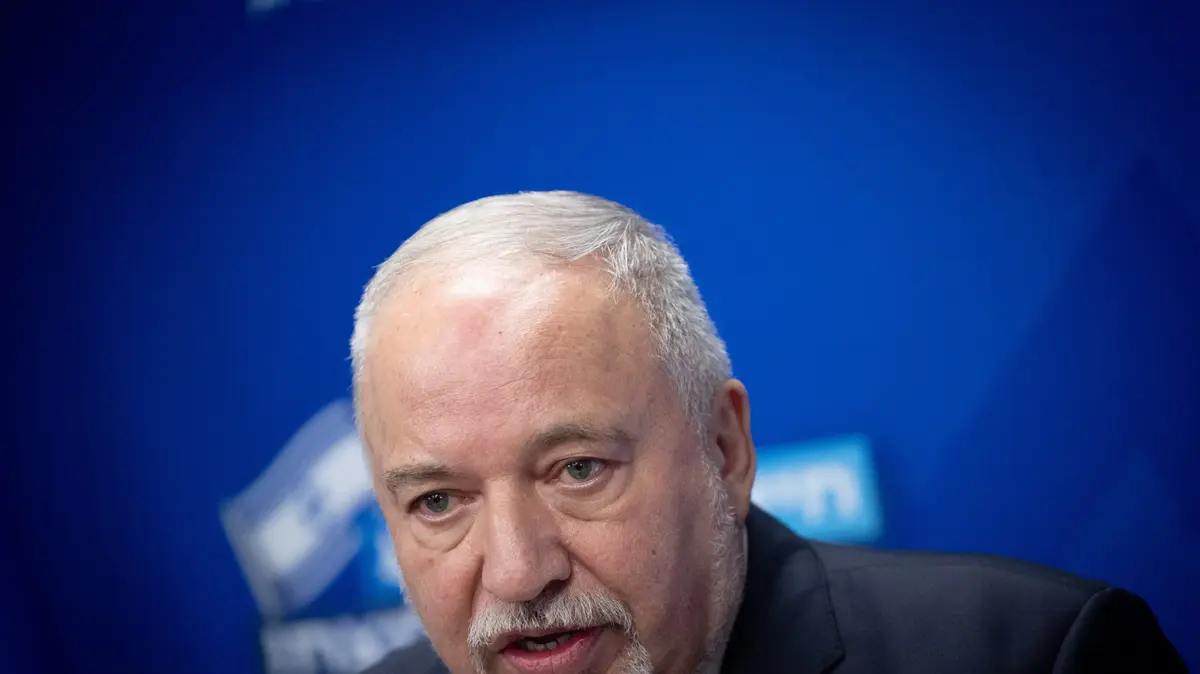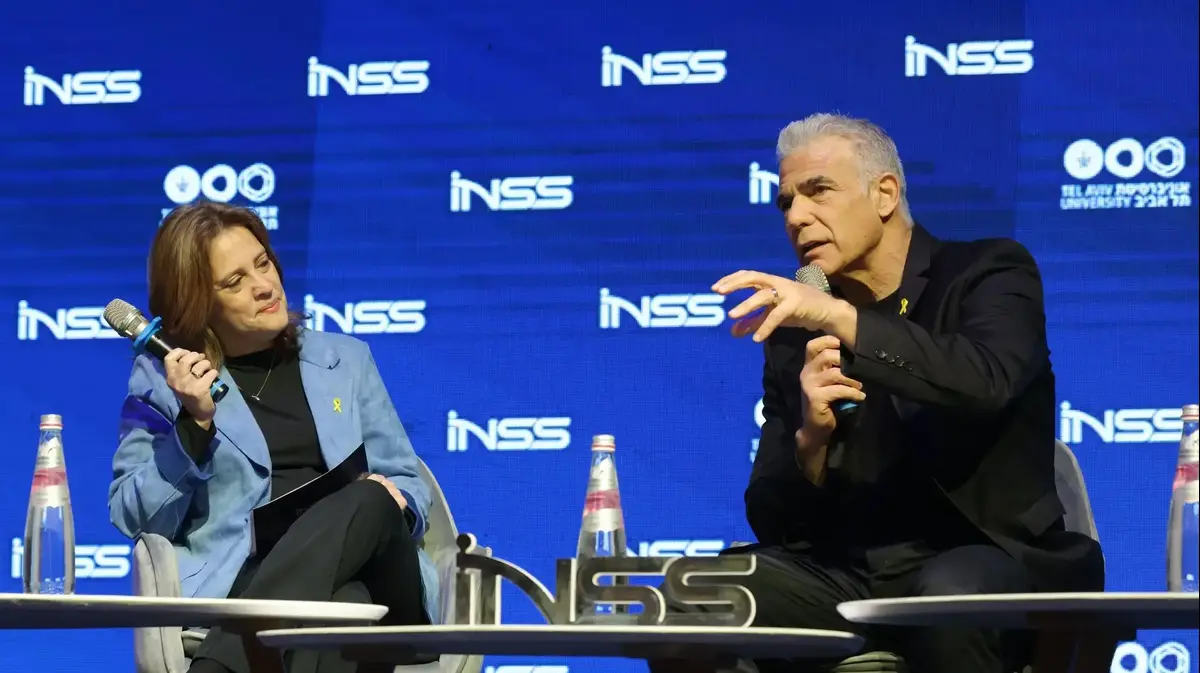Recently, voices have been calling for "overcoming" the democratic nation-state and empowering, for example, the United Nations (its agencies that "successfully" handle human rights or health, for example), the European Union or the International Court of Justice in The Hague. Universal ", in order to deal with global crises such as the climate crisis, the corona plague or the huge waves of immigration from failed countries and places plagued by civil wars.
Such crises have always been a tool in the hands of reformers and revolutionaries, and they encounter resistance from moderate conservatives, who want to stop or slow down the changes. The overall controversy between the two is deep and important, and has continued since the beginning of modern times, when the understanding spread that the structure of human society is not only a product of nature, but that humans can also shape it. Valuable claims have also been made by those who understand that what was permanent and that human beings must re-shape their society, but also those who fear human inability to plan societies, and the enormous damage they can cause in deep, hasty and too-hasty revolutions.
But the emerging struggle between supporters of the democratic nation-state and the globalists is not really a struggle between conservatives and progressives. It is presented as a battle to stop inevitable change, but it is a deception. The real struggle is between Democrats and globalists. Democrats, some progressive and some conservative, know that national sovereignty is the only framework that allows human beings to have a reasonable degree of control over their lives. Globalists, on the other hand, wrap themselves in a liberal human rights cloak, but urge us to dismantle the powers of nation-states, even though they are the only framework that enables effective democracy.
The argument can be understood through two points of view: of control of fate, and of a sense of meaning. In emergencies like the Corona plague, we want to control our own destiny. We do not want a faceless body like the World Health Organization to conduct our dealings with the plague. Maybe China is manipulating him? We have no democratic mechanisms to hold him accountable. In the face of rising waves of immigration, we want to determine who our partners or neighbors will be, and more than that - who will be members of the collective of which we are members. Therefore, citizenship is an asset that we are not prepared to actually expropriate from our hands in mass immigration. In times of economic crises, Greeks, English or Israelis want a degree of financial control over their own democracy, rather than being subject to the whims of a foreign central bank, for example. It is true that we do not have complete control over these questions, but a democratic nation-state gives us a reasonable degree of control.
And even more important: not only pure control is important to us, but also control over the meaning of our social life. Liberals tend to reiterate the truth that democracy is not just decision-making practices for the most part, since "substantive democracy" is a regime committed to human rights. They forget, however, that democracy is "the rule of the people" even in the collective sense of the term, and it must, in order to function, revolve around a particular nation, with a particular identity. Without it, the lives of citizens lack essential social significance, and there is nothing that obliges them to those civic duties that sustain a functioning democratic regime. The globalist reforms or revolutions proposed to us threaten to flatten human beings into socially atoms that are easy to control, depriving them of the basis of control and meaning essential to their political freedom.
Thus, without the national basis of democracy, there can be no missionary nature to this regime. Democracy is not just a contract between the people. It is a regime of collective control and meaning that allows human beings to shape their lives according to some ideal - the same design, for example, that is at the center of the deep controversy between conservatives and progressives about its pace and power. Without a national democracy that unites people "who feel they are a people," there is no basis for the idea of leading our society to any future, religious, socialist, liberal or Zionist.








